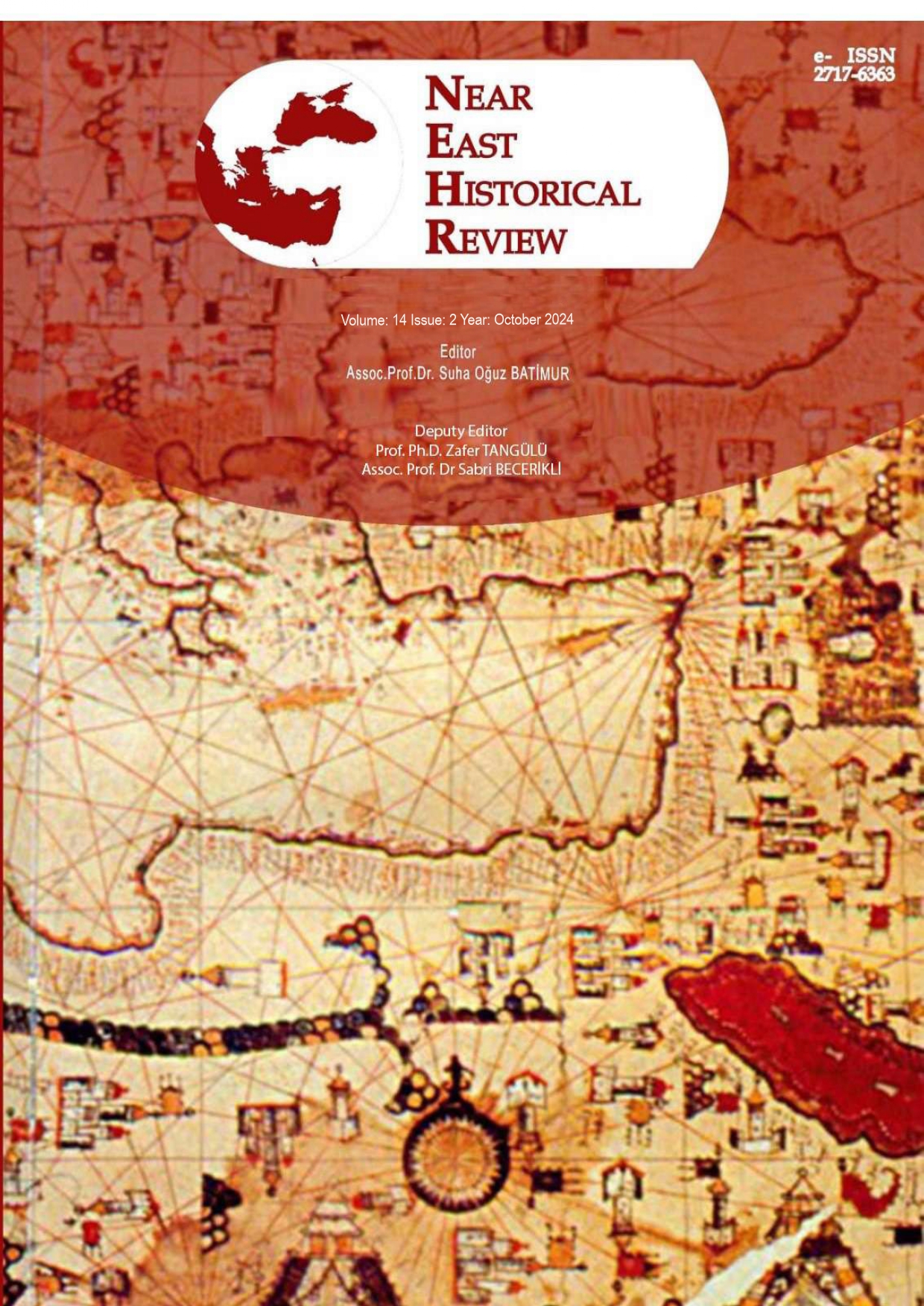Author :
Abstract
Genel itibariyle Osmanlı hukuk kurallarının İslam hukuku çerçevesinde şekillendiğini görmekteyiz. Nitekim aile, miras vb. meselelerde İslamiyet’in kadınlar ile ilgili çizdiği çerçeve dışına çıkılmamıştır. Bununla birlikte kadınlar toplum içerisinde uğradığı her türlü haksız fiil karşısında da mahkemeye başvurabilmiştir. Bizzat veya vekili vasıtasıyla mahkemeye başvuruda bulunan kadınların şikâyetleri değerlendirilmiş ve haklarının iadesi için gereken yapılmıştır.
Çalışmanın dayanak noktası 1168-1171 tarihli ve 2 Numaralı Halep Ahkâm Defteri’dir. Defterde bulunan, kadınlara ait başvuruların ağırlıklı olarak miras taksimi sırasında aile üyeleri veya murisin hayatta iken borç alıp verdiği kimseler tarafından, kadının hakkının gasp edilmesi sonucu yapıldığını görmekteyiz. Ayrıca mirasın taksimi sırasında vasi tayin edilen kişilerin de şikâyete konu olacak durumlarını başvurularda görmekteyiz. Defterde bulunan başvuruların bir diğer konusu ise vakıf meselesidir. Vakıf işlerinde etkin bir şekilde bulunabilen kadınların bu alanda da yaşamış olduğu problemleri, problemleri doğrultusundaki başvurularını ve neticelerini görmek mümkün olmuştur. Bizler tüm bu başvuruları öncelikle şekil ve içerik açısından analiz ederek genel bir değerlendirme yapmaya çalıştık.
Keywords
Abstract
In general, we see that Ottoman legal rules were shaped within the framework of Islamic law. As a matter of fact, family, inheritance, etc. In these matters, the framework drawn by Islam regarding women has not been deviated from. In addition, women were able to apply to the court against any unfair act they suffered in society. The complaints of women who applied to the court personally or through their representatives were evaluated and necessary action was taken to restore their rights.
The basis of the study is the Aleppo Ahkam Book No. 2, dated 1168-1171. We see that the applications made by women in the book were mostly made as a result of the usurpation of women's rights during the division of inheritance by family members or people to whom the deceased had borrowed money while he was alive. In addition, we see in the applications that the situations of the people appointed as guardians during the distribution of the inheritance will be subject to complaints. Another subject of the applications in the book is the foundation issue. It has been possible to see the problems experienced by women who can effectively engage in foundation work in this field, their applications in line with their problems and their results. We tried to make a general evaluation by analyzing all these applications in terms of form and content.





